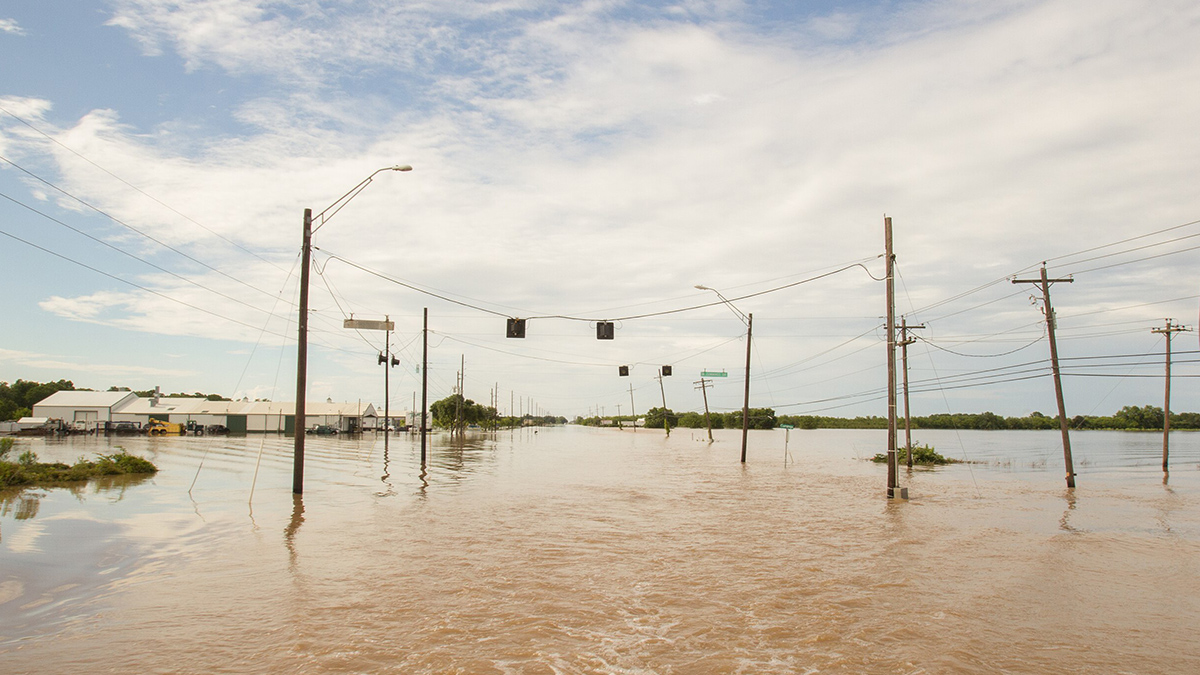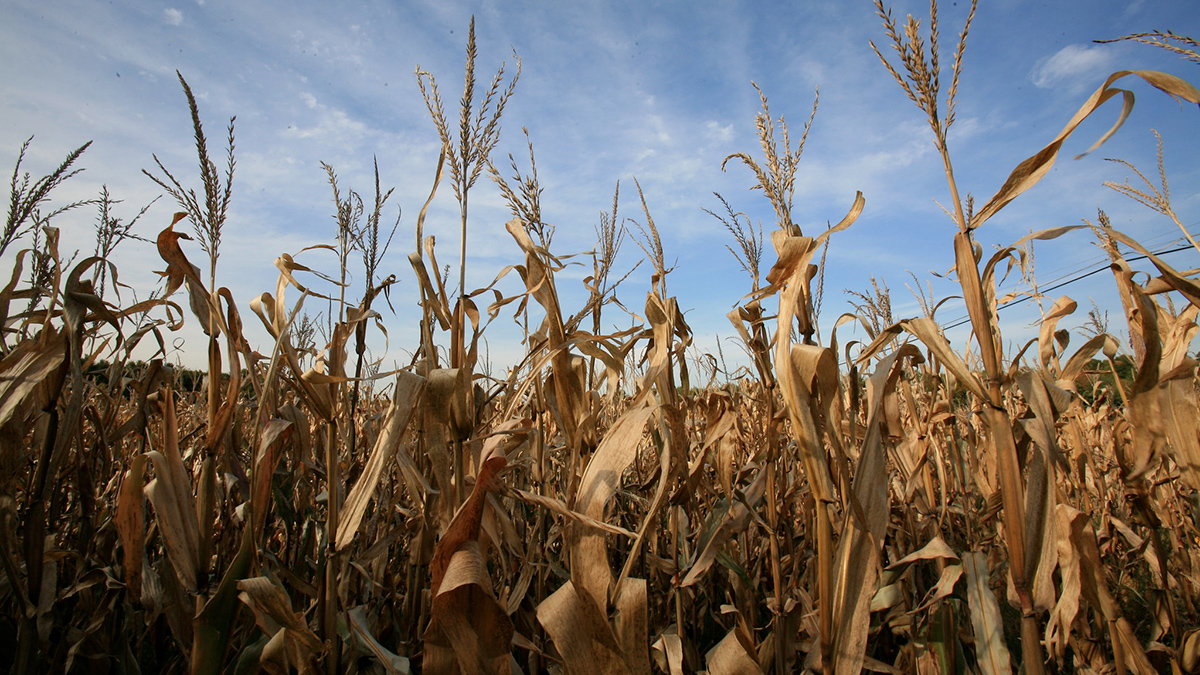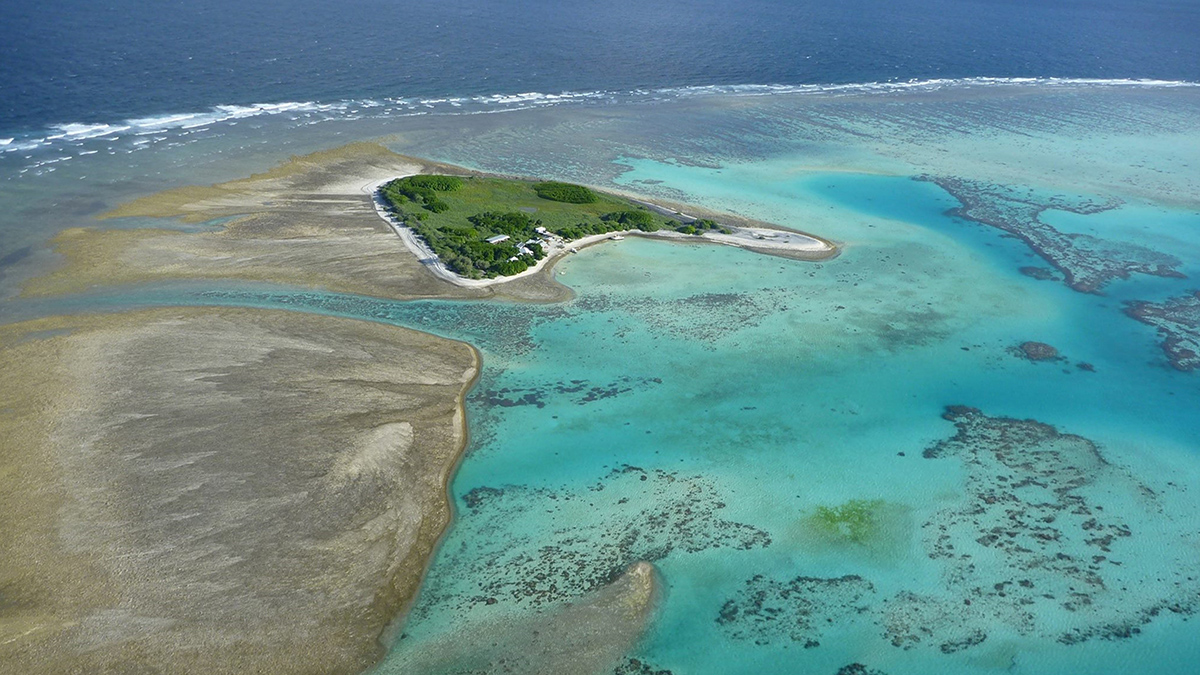Researchers warn that preventable heat-related deaths will continue to rise with continued fossil fuel emissions.
heat waves
Extreme Heat in U.S. Cities Revealed at High Resolution
Data from personal weather stations power a novel way to detect urban heat islands.
Heat Spurs Unequal Consumption of Sweet Treats
A new analysis shows warmer weather may drive more added sugar consumption, particularly among already-vulnerable groups.
In the Arctic, Consequences of Heat Waves Linger
The aftermath of a historic 2020 heat wave could still be felt in Siberia a year later.
Científicos revelan los peligros ocultos del calor y las inundaciones en Texas
Una parte más amplia del “Estado de la Estrella Solitaria” podría verse afectada por más olas de calor e inundaciones de lo que sugieren registros previos.
Climate Change Made Extreme Heat Days More Likely
A new attribution study shows every single extreme heat event since last May was made more probable by climate change.
Scientists Reveal Hidden Heat and Flood Hazards Across Texas
A wider swath of the Lone Star State may be affected by more heat and flood events than previous recordkeeping suggests.
Can Desalination Quench Agriculture’s Thirst?
Miles away from the ocean, projects are afoot to clean up salty groundwater and use it to grow crops. Some say it’s a costly pipe dream, others say it’s part of the future.
Heat and Pollution Events Are Deadly, Especially in the Global South
Researchers found that the combination of heat waves and high PM2.5 pollution led to nearly 700,000 premature deaths in the past 30 years—most of which occurred in the Global South.
Great Barrier Reef Corals Hit Hard by Marine Heat Wave
Extreme heat pushed even resilient corals in the Great Barrier Reef to the brink, limiting recovery.










